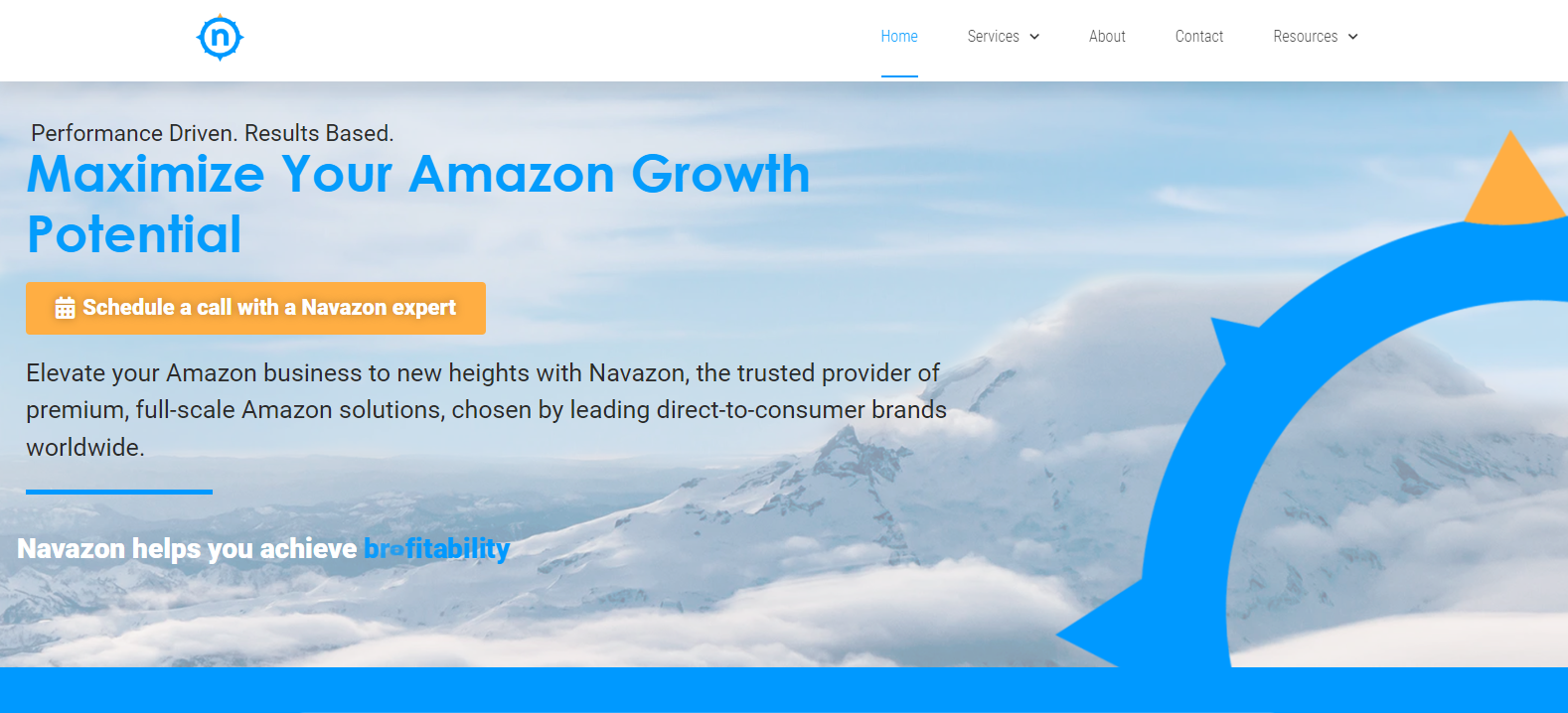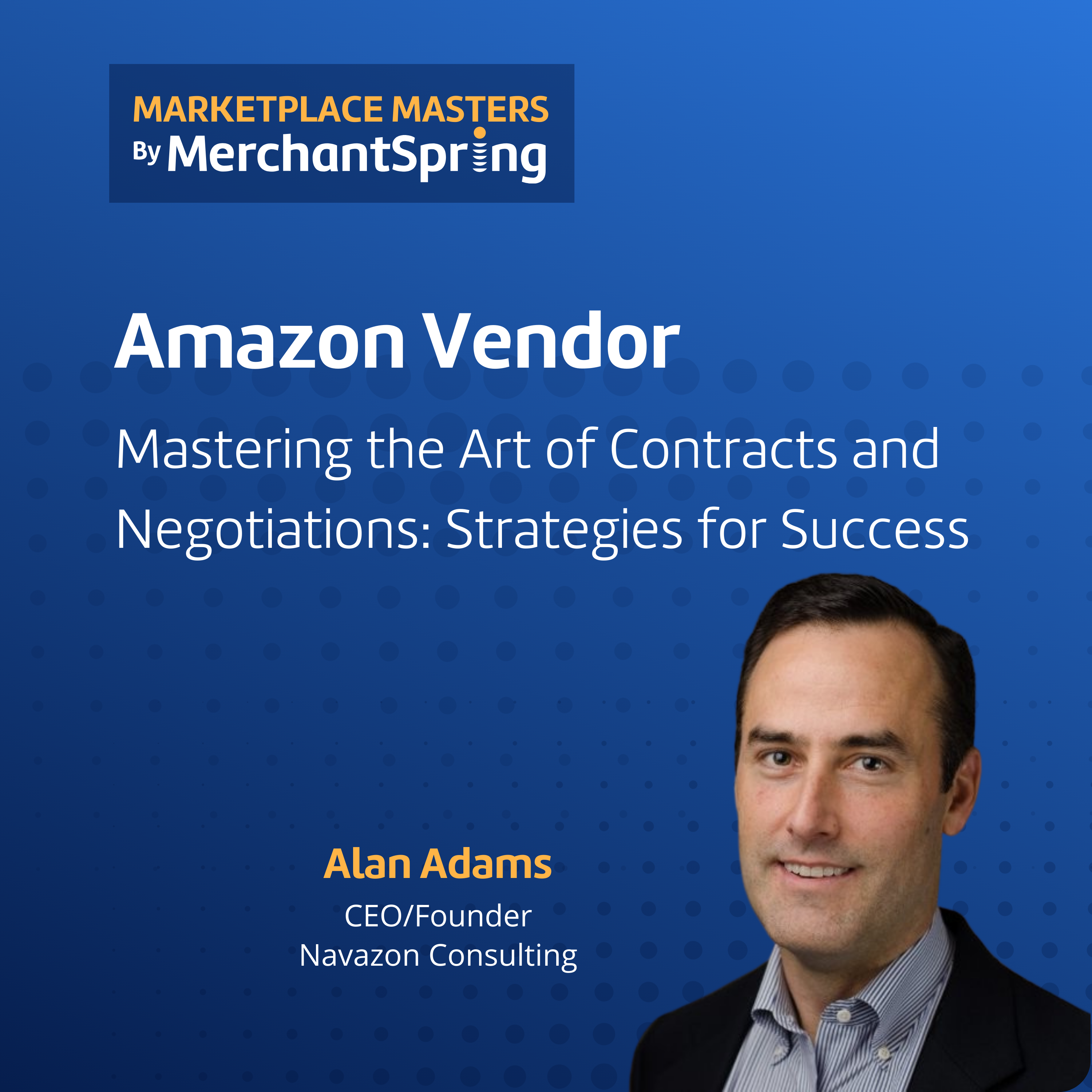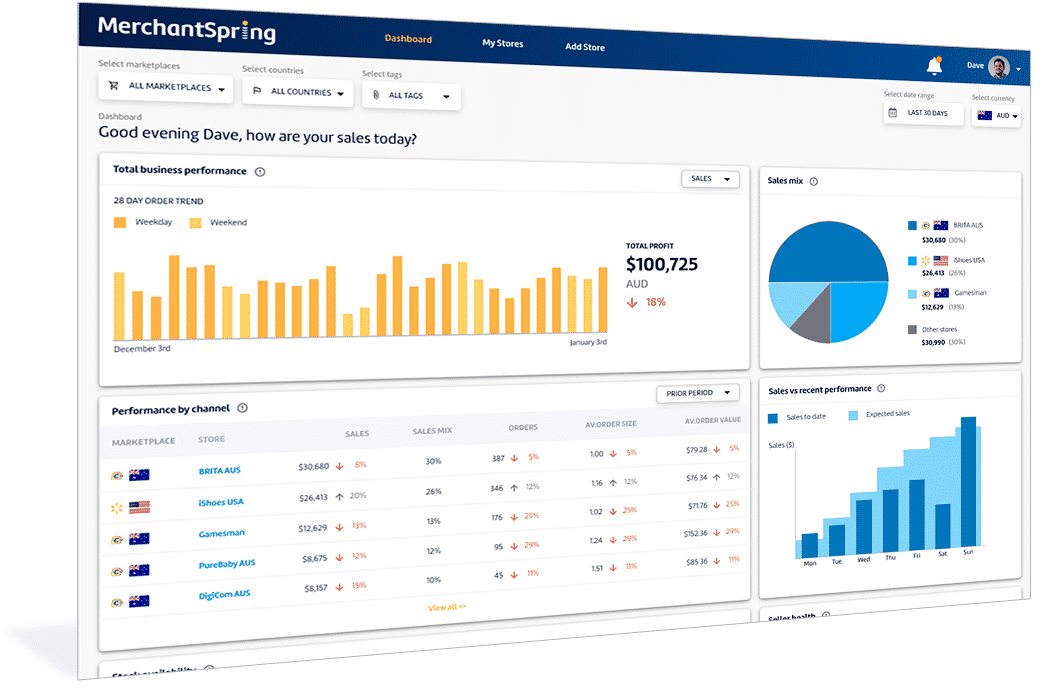Maximizing Profit and Avoiding Pitfalls in Amazon Retail Vendor Contracts
Overview
In this episode, Alan Adams of Navazon Consulting joined Paul Sonneveld and explored the world of Contracts and Negotiation on Amazon, specifically as an Amazon Vendor.
Audit Amazon purchase order payments

The importance of auditing Amazon purchase order payments is emphasized. Vendors are advised to review the payments they receive from Amazon for each purchase order to ensure accuracy and fairness. While it may seem obvious that vendors should be paid correctly, discrepancies and deductions can occur, making active monitoring necessary.
The podcast highlights the significance of understanding the general terms and conditions of the contract on Amazon Vendor Central. Vendors are encouraged to familiarize themselves with these terms as they outline the specific agreements and obligations between vendors and Amazon. Accessing the contract involves navigating to the settings section, going to the agreements page, and clicking on the "accept" or "reject" button.
The podcast also discusses the issue of bulk buy and pallet quantity discounts being applied to individual purchase orders. This can result in vendors receiving lower payments than expected. An example is given where Amazon claimed that 40 additional orders were equivalent to a truckload and applied quantity discounts to all 40 orders. Vendors are advised to dispute such deductions and ensure that they are being paid accurately.
Overall, the podcast emphasizes the need for vendors to actively monitor and verify their purchase order payments, familiarize themselves with the general terms and conditions contract, and challenge any discrepancies or unfair deductions.
Amazon Business offers discounts and benefits
The speaker discusses the importance of auditing payments from Amazon to identify any unusual charges or deductions. They emphasize the need for analytics and tools to help vendors review thousands of purchase orders and file disputes when necessary. By doing so, vendors can ensure they are being paid correctly and avoid losing out on revenue.
The podcast also highlights the increasing importance of Amazon Business. While its expansion may vary across regions, it is becoming a focus for many companies. Some businesses see it as an opportunity to save money and reach a wider customer base, while others may choose to avoid it. Understanding the potential benefits and drawbacks of selling through Amazon Business is crucial for making informed decisions.
“…Amazon is taking bulk buy and pallet quantity discounts. On purchase orders that are later that are individual purchase orders that so they're getting a discount and taking a deduction, even though they ordered it on a PO at a normal price and they spread it across 30 to 50 different purchase orders. ” - Alan Adams, President/Founder, Navazon Consulting
One interesting aspect of Amazon Business is its ability to offer discounts to businesses. The podcast explains that Amazon can automatically add discounts to products listed on Amazon Business, incentivizing businesses to make purchases. These discounts may be funded by bulk buy discounts from suppliers who use Amazon Business as a sales channel. This strategy allows Amazon to expand its platform while providing value to its customers.
Overall, the podcast emphasizes the importance of understanding and monitoring the general terms and conditions of selling on Amazon, particularly in relation to Amazon Business. Vendors need to be aware of potential discounts, exclusive listings on Amazon Business, and the impact on their digital shelf. By staying informed and proactive, vendors can make informed decisions and maximize their sales and profitability on the platform.
Dispute amounts within 90 days
The podcast episode emphasizes the importance of disputing amounts within 90 days on Amazon. The hosts explain that this timeframe is crucial for challenging any discrepancies or issues with payments. They mention that in Tennessee, vendors have 90 days to dispute payment-related matters.
“Take away for this is make sure to dispute your amounts within 90 days or less if you can to challenge these amounts and get them. And that includes everything from price claims, shortages, chargebacks, audits, COOP recoveries, and payment terms. ” - Alan Adams, President/Founder, Navazon Consulting
Disputing amounts within this timeframe allows vendors to challenge incorrect pricing claims, shortages, chargebacks, audits, co-op recoveries, and payment terms. By doing so, vendors can potentially recover significant sums of money, which can greatly impact their profitability. The hosts also mention that companies like theirs can assist vendors in effectively disputing amounts, but emphasize the limited time available to take action within the 90-day window.
Overall, the podcast stresses the financial implications of disputing amounts within 90 days and highlights the potential benefits for vendors in terms of recovering funds and maximizing profitability on Amazon.
Negotiate contracts and reject agreements
The importance of verifying product references by Amazon is emphasized. Vendors are advised to ask for data to support proposed increases in costs or fees to ensure accuracy and applicability. Understanding where damages occur and addressing them is crucial, as is negotiating freight allowances if the vendor can handle shipping at a lower cost.
“..many contracts have auto-renew clauses in them. What does that mean? Well, unless Amazon has notified you of a required deadline in the agreement, the same terms will be automatically renewed next year… If you get past that deadline, if they haven't notified you within 60 days of the contract, number one, they don't have a right to ask you for a change because it's going to auto-renew. ” - Alan Adams, President/Founder, Navazon Consulting
Auto-renew clauses in contracts are highlighted, and vendors are encouraged to reject proposed changes if the deadline for notification has passed. It is recommended to maintain a record of all annual contracts for easy reference. Vendors are also advised to reject certain agreements from Amazon, such as auto price protection agreements unless there is a valid reason to accept them.
Amazon negotiation tips and services
In this podcast episode, the host and guest discuss the benefits of negotiation when dealing with Amazon as a vendor. They suggest that vendors can adjust their commercial terms to more favorable ones instead of going through lengthy negotiations. This can result in significant financial gains for vendors. However, they acknowledge that this practice may seem unfair to some vendors who may not be aware of the impact of these adjustments.
The guest, Alan, explains that many issues vendors face on Amazon are the result of administrative errors or improper setup of agreements in the past. He emphasizes that these errors are not intentional attempts to take money away from vendors but rather unintended consequences of system adjustments. Alan provides an example of existing contracts being linked incorrectly to products, resulting in vendors losing out on potential profits.

Throughout the podcast, Alan offers practical tips for vendors to navigate negotiations with Amazon. He suggests monitoring net PPM (profit per thousand) year-over-year and disputing any discrepancies. He also mentions that his company, Navazon Consulting, offers services to support brands in negotiations with Amazon.
Conclusion
In conclusion, the podcast episode on "Amazon Retail Vendor Contracts and Negotiations" underscores the significance of negotiation and careful monitoring in the context of Amazon retail. Vendors are advised to be proactive in their approach, regularly reviewing contracts and financial metrics, and utilizing negotiation strategies to maximize their profitability and protect their interests. By staying informed and seeking expert advice when needed, vendors can navigate the complexities of Amazon retail and thrive in the competitive marketplace.















Add a Comment